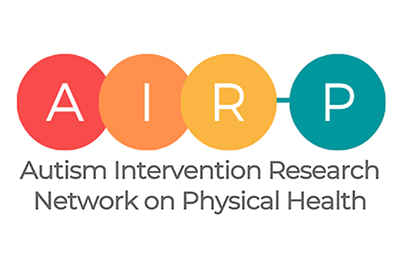Webinar Description
Mindfulness-based interventions (MBIs) are increasingly popular and are emerging as an empirically supported practice for autistic people. Mindfulness-based interventions are thought to directly target emotion regulation and self-compassion, and can be tailored to sensory needs, cognitive needs, and communication preferences. Despite growing interest in mindfulness for autistic people, there are few clinical delivery resources to support providers untrained in the use of mindfulness with autistic clients. This session will provide an overview of mindfulness approaches for autistic people with and without intellectual disability, including the Emotion Awareness and Skills Enhancement (EASE) program (Conner et al., 2019; Beck et al., 2020). The session will conclude with common challenges and solutions for providers intending to use mindfulness with autistic people (Beck et al., 2020).
Objectives:
- Understand key principles of mindfulness interventions and mechanisms of change
- Identify evidence-based mindfulness interventions for autistic people with and without intellectual disability.
- Recall suggestions for utilizing mindfulness practices with autistic people with and without intellectual disability.
Please Note
- CART captioning will be provided. For additional disability accommodations please email Anna Costalas at [email protected] two weeks prior to the event with name of event and accommodation preference in your response.
- There is no cost for this webinar.
- CEUs are not offered for this webinar.
- This webinar will be held on the Zoom Platform. You can test your connection with Zoom before joining the meeting here.
- This webinar will be archived available on the AUCD Webinar Library.
Topics:
Health and Wellness










